Partners
The RRI Coalition is formed by a group of 21 core Partners who work in areas of their regional and thematic expertise. Below is a list of current RRI Partners; click on their logos to learn more.
-
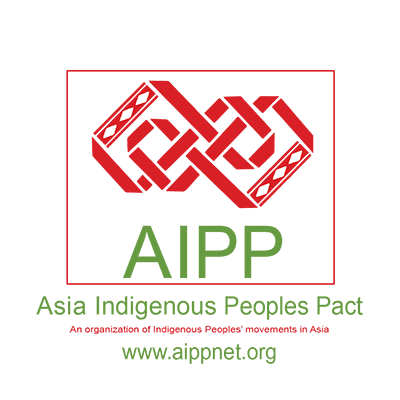
Asia Indigenous Peoples Pact
The Asia Indigenous Peoples Pact (AIPP) is a regional organization founded in 1988 by Indigenous Peoples’ movements. AIPP is committed to the cause of promoting and defending Indigenous Peoples’ rights and human rights and articulating issues of relevance to Indigenous Peoples. The mission of AIPP is to strengthen the solidarity, cooperation and capacities of Indigenous Peoples in Asia to promote and protect their rights, cultures and identities, as well as their sustainable resource management systems for their development and self-determination.
At present, AIPP has 47 members from 14 countries in Asia with 14 National Formations, 15 Sub-national Formations and 18 Local Formations. Of this number, 6 are Indigenous Women’s Organizations and four are Indigenous Youth Organizations.
For more information, visit the AIPP website.
-
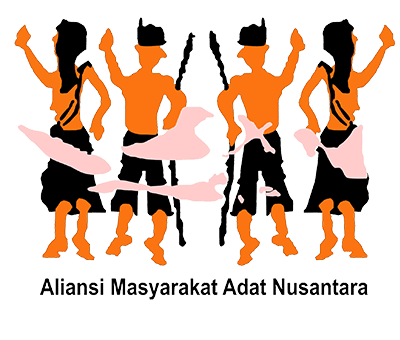
Aliansi Masyarakat Adat Nusantara
The Aliansi Masyarakat Adat Nusantara (AMAN), or Indigenous Peoples Alliance of the Archipelago, is a national alliance of Indigenous Peoples from Indonesia. The organization was founded in 1999, when 400 Indigenous leaders from across the archipelago came together and agreed on a joint vision, mission, principles, and outlined the struggle and work program of Indigenous Peoples.
AMAN fights for the realization of Indigenous Peoples’ cultural, economic, and political sovereignty; to restore confidence, pride, and dignity of Indigenous Peoples, both men and women, so that they can enjoy their rights; to restore the sovereignty of Indigenous Peoples to maintain economic, social, cultural and political rights; to educate and increase the ability of Indigenous Peoples to maintain and develop Indigenous knowledge to protect earth, water, and natural resources contained therein; to develop a democratic decision-making process; and to defend and fight for recognition, respect, protection, and fulfillment of the rights of Indigenous Peoples.
For more information, visit the AMAN website.
-
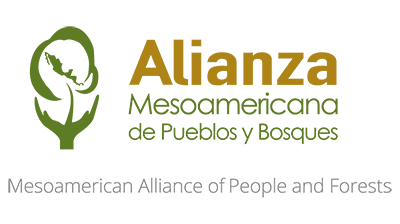
Alianza Mesoamericana de Pueblos y Bosques
Created in 2010, the Mesoamerican Alliance of Peoples and Forest (AMPB) is a space for coordination and exchange between 10 territorial authorities that administer or influence major forested areas of Mesoamerica. Indigenous governments and community forestry organizations in the Alliance aim to strengthen their own dialogue, focused on community management of natural resources, while seeking to jointly influence governments and international cooperation strategies.
For more information, visit the AMPB website.
-
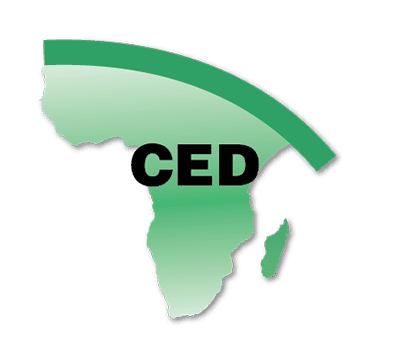
Centre for Environment and Development
The Centre for Environment and Development (CED) was created in 1995 with the specific aim of realizing sustainable management of Central Africa’s forests. CED was created to counter the rising threats to forests observed during the 1990s, and situates itself firmly within the local context (where forest destruction takes place, and where its impacts are felt most strongly among communities), as well as the national level (the seat of decision making that leads to or legitimizes deforestation and the dispossession of local peoples). CED also works on the international level where decisions are made affecting the forests and lives of millions of people.
For more information, visit the CED website.
-
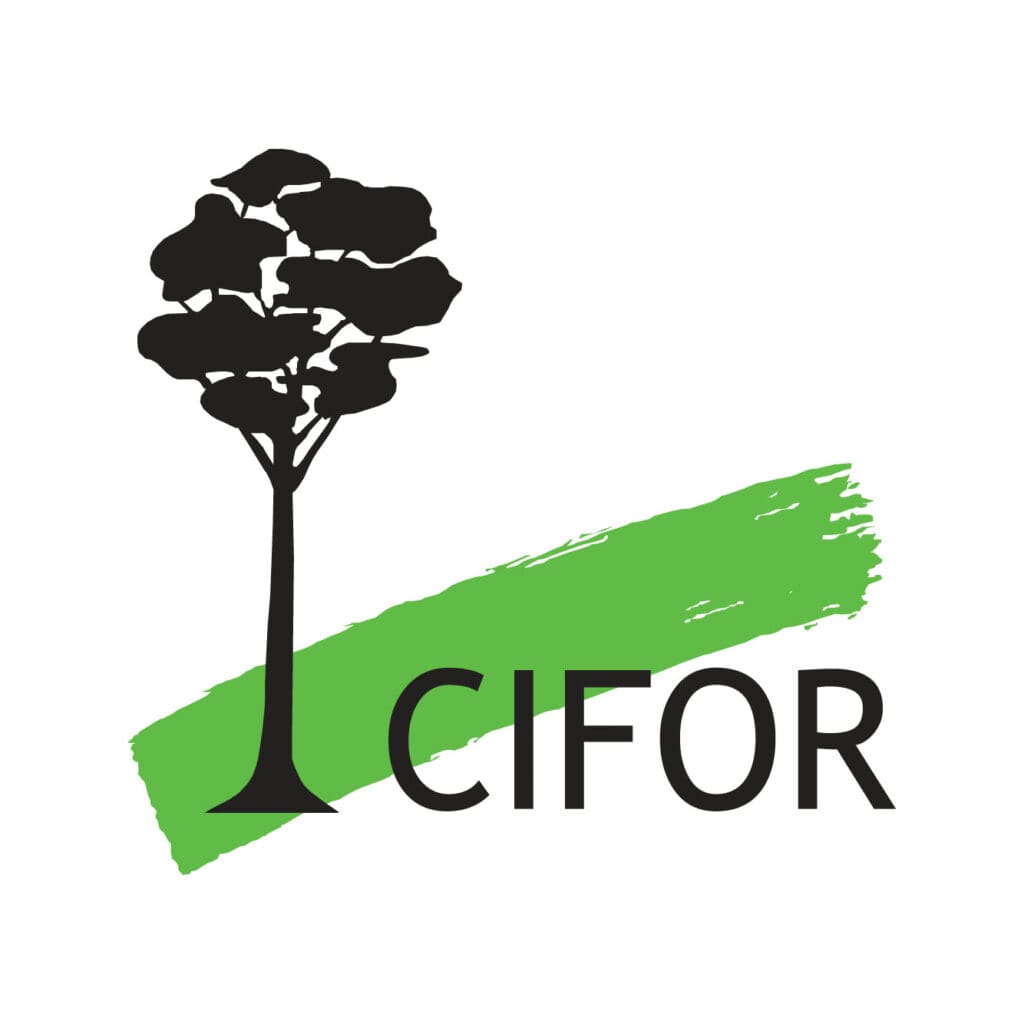
CIFOR
CIFOR advances human well-being, equity and environmental integrity by conducting innovative research, developing partners’ capacity, and actively engaging in dialogue with all stakeholders to inform policies and practices that affect forests and people. CIFOR is a CGIAR Research Center, and leads the CGIAR Research Program on Forests, Trees and Agroforestry (FTA).
For more information, please visit the CIFOR website
-
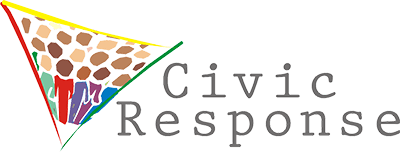
Civic Response
Civic Response was founded in 2003 by a group of social activists with a wide experience of campaigns in Ghana and internationally. Civic Response works to deepen the political economic analysis of grassroots groupings and to facilitate their networking towards the emergence of articulate social movements that could lead in the democratisation and development of African societies and in international development struggles.
For more information, please visit the Civic Response website.
-
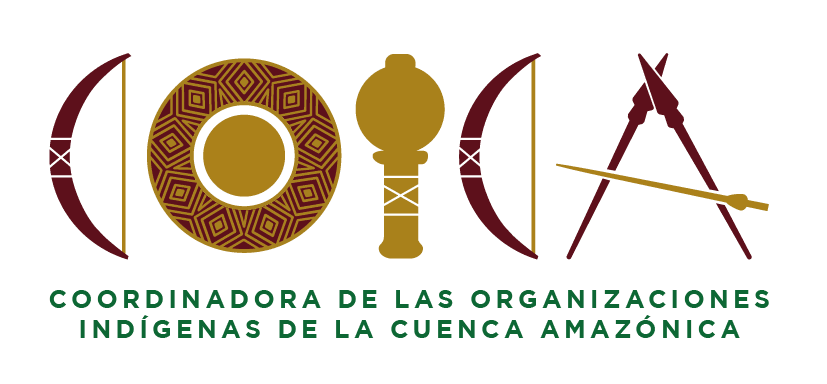
Coordinator of Indigenous Organizations of the Amazon River Basin (COICA)
COICA (the Coordinator of Indigenous Organizations of the Amazon River Basin) is an Indigenous organization that converges internationally and focuses its efforts on promoting, protecting, and securing Indigenous Peoples’ lands through their lifestyles, principles and social, spiritual, and cultural values. COICA works as a united body to generate policies, proposals, and actions at the local, national and international levels to promote the rights of the Indigenous Peoples of the Amazon.
For more information, visit the COICA website.
-
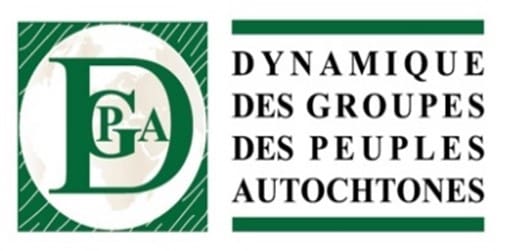
DGPA
Indigenous associations, non-governmental organizations and groups working in the field of promotion and protection of the rights and interests of Indigenous Peoples in the Democratic Republic of Congo (DRC); It is created, in Kinshasa, capital of the Democratic Republic of Congo, on February 18, 20105 in accordance with the law n° 004/2001 of July 20, 2001 bearing general provisions applicable to the non-profit associations and the establishments of public utility, a platform of Indigenous Associations and those accompanying the Indigenous Peoples, named “DYNAMICS OF THE GROUPS OF THE INDIGENOUS PEOPLES”, “DGPA”.
-
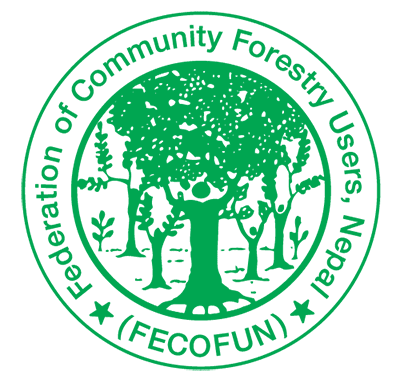
FECOFUN
The Federation of Community Forestry Users, Nepal (FECOFUN) is a formal network of Community Based Forest User Groups from all over Nepal.
FECOFUN emerged from the idea that forest users from all parts of the country should be linked in order to strengthen the role of users in policy making processes. Since its inception in July 1995, FECOFUN has grown into a social movement organization with about 8.5 million people represented – all of whom are forest users. To date, more than 11,200 Community Forest User Groups are affiliated with FECOFUN.
For more information, visit the FECOFUN website.
-
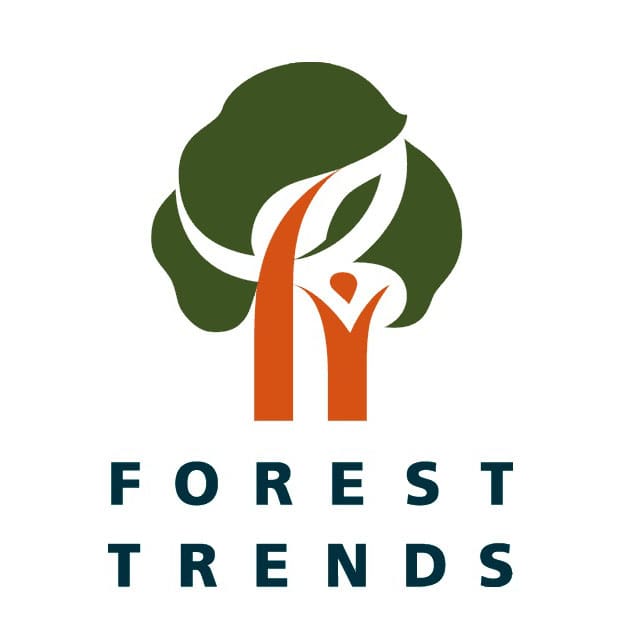
Forest Trends
Together with partners around the world, Forest Trends pioneers innovative finance for conservation – promoting healthy forests, sustainable agriculture, clean water, robust climate action, protected biodiversity, and strong communities.
Their programs and initiatives publish timely research, bring together diverse actors, and apply these approaches to make a difference on the ground, often blazing trails for bold and far-reaching policies in the process.
For more information, visit the Forest Trends website.
-
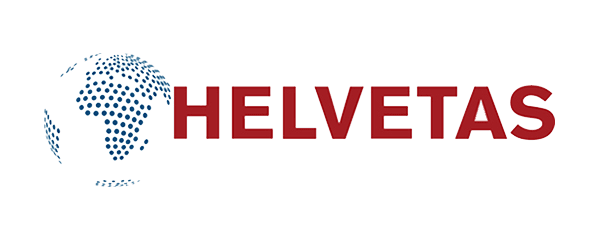
Helvetas
Helvetas is committed to a just world in which all men and women determine the course of their lives in dignity and security, using environmental resources in a sustainable manner. Helvetas is an independent organization for development based in Switzerland with affiliated organizations in Germany and the United States. Helvetas supports poor and disadvantaged women, men and communities in about thirty developing and transition countries in Africa, Asia, Latin America and Eastern Europe.
-

International Family Forestry Alliance
The International Family Forestry Alliance (IFFA) is the voice of family forestry worldwide. IFFA’s objective is to promote the development of family forestry and advocate supportive policies. IFFA will provide recommendations to international forest policy processes and provide a forum for exchange of experience, ideas and information.
The organization was formally launched July 1, 2002. The organization was founded as an informal network between national forest owners’ organizations. In order to be recognized by intergovernmental organizations, IFFA incorporated in 2006 with a secretariat in Oslo, Norway, and Brussels, Belgium. The organization works as a flexible network between national forest owners’ organizations.
For more information, visit the IFFA website.
-

International Forestry Resources and Institutions
The primary mission of IFRI is to examine how governance arrangements shape forest outcomes in terms of both social and environmental dimensions. Scholars and policy makers affiliated with IFRI are interested in understanding the role of formal and informal institutions in enhancing livelihoods and adaptive capacity of peoples, conserving biodiversity, and promoting greater sustainability in carbon sequestration. IFRI was established by Prof. Elinor Ostrom (Indiana University) who won the 2009 Nobel Prize in Economics.
IFRI’s goal is to carry out rigorous research that can help policy makers and forest users design and implement improved evidence-based forest policies. Most importantly, IFRI comprises partner collaborating research institutes in North America, Latin America, Asia, and Africa.
For more information, visit IFRI’s website.
-
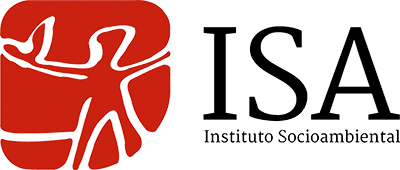
Instituto Socioambiental
ISA aims to defend social, Indigenous and environmental rights and has pioneered the concept of integrating environmental protection and sustainable development with Indigenous groups. ISA’s work has achieved significant impact by influencing public policies and spearheading new laws while effectively developing 70 million hectares through three separate projects in three different parts of Brazil. It has introduced integrated programs from satellite mapping and monitoring against land invasions, to sustainable income-generation, to schools and clinics designed and operated locally, to extending formal citizenship and advocating for needed national policy changes. These initiatives have become models for Indigenous socio-environmental development in Brazil and Latin America.
For more information, visit the ISA website.
-

Landesa
Since its founding, Landesa has partnered with governments, communities and other stakeholders in more than 50 countries to advance pro-poor, gender-sensitive land rights reforms using law and policy tools. These reforms have helped alleviate poverty, reduce hunger and ease conflict over land for more than 180 million families.
This transformation—from land insecurity or landlessness to secure rights to land—has boosted agricultural productivity in the developing world by billions of dollars per year, improved health, nutrition and school enrollment in hundreds of villages across the globe, and placed scores of billions of dollars in new land wealth in the hands of the rural poor.
For more information visit the Landesa website.
-
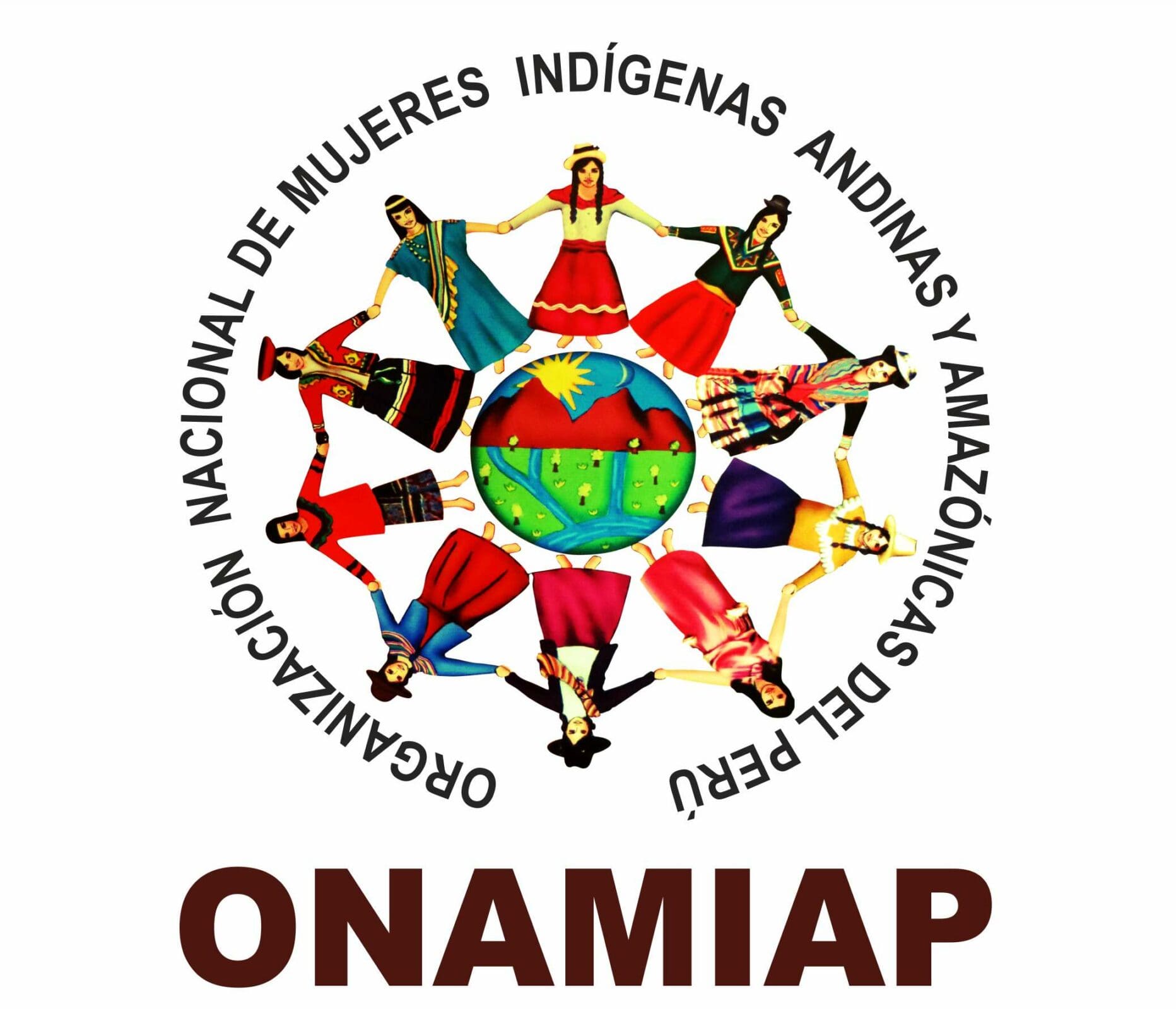
ONAMIAP
By 2020, ONAMIAP is a strengthened organization with bases in 20 regions, and integrated by women of Indigenous Peoples, with a strengthened identity that has recognition, leadership and social and political representativeness at regional, national and international levels. It has the capacity to propose and influence public policies. It participates in the different decision-making spaces that exist in relation to women and Indigenous Peoples, promoting proposals to guarantee the Good Living of women, Indigenous Peoples and future generations.
-

Proceso de Comunidades Negras en Colombia
The Process of Black Communities in Colombia is who constantly work on the transformation of the political, social, economic and territorial reality of through defense and vindication of their individual, collective and ancestral rights.
-
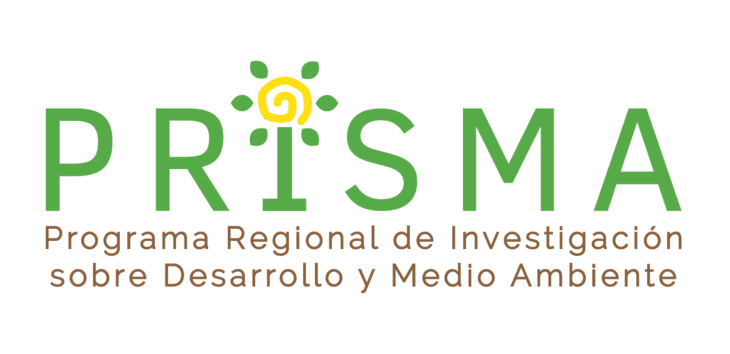
PRISMA
PRISMA (Salvadoran Research Program on Development and Environment) is a policy-oriented research center founded in El Salvador in 1993. Its mission is to work for the social and environmental revalorization of rural communities and territories as an integral aspect of development processes. PRISMA’s vision is societies that advance toward greater social justice and environmental sustainability. PRISMA serves as a regional platform for dialogue, critical analysis and action.
For more information, visit the PRISMA website.
-

RECOFTC
At RECOFTC, they believe in a future where people live equitably and sustainably in and beside healthy, resilient forests. They take a long-term, landscape-based and inclusive approach to supporting local communities to secure their land and resource rights, stop deforestation, find alternative livelihoods and foster gender equity. They are the only non-profit organization of our kind in Asia and the Pacific. They have more than 30 years of experience working with people and forests, and have built trusting relationships with partners at all levels. Their influence and partnerships extend from multilateral institutions to governments, private sector and local communities. Their innovations, knowledge and initiatives enable countries to foster good forest governance, mitigate and adapt to climate change, and achieve the Sustainable Development Goals of the United Nations 2030 Agenda.
For more information, visit the RECOFTC website.
-
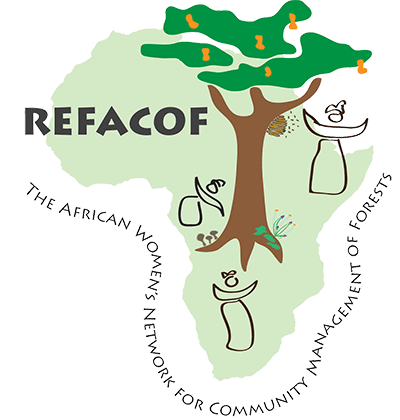
The African Women's Network for Community Management of Forests
The African Women’s Network for Community Management of Forests (REFACOF) is a network of women involved in sustainable forest resource management in Africa. It was created at the 2009 international conference on “Forest Tenure, Governance and Enterprise: New Opportunities for West and Central Africa” held in Yaoundé, Cameroon. Forty five African women from Burkina Faso, Burundi, Cameroon, Central African Republic, Democratic Republic of Congo, Gabon, Nigeria, Rwanda, and Senegal, first formed the network and developed its founding Declaration.
REFACOF’s goal is to lobby and advocate with governments and international organizations for the inclusion of women-specific needs, constraints and interests, as well as their ownership rights to land and forest resources, in reforms and political agenda.
-
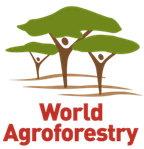
World Agroforestry
The World Agroforestry Centre (ICRAF), headquartered in Nairobi, Kenya, is part of the Consultative Group on International Agricultural Research. ICRAF’s primary mission is to advance the science and practice of agroforesty and in doing so, transform the lives and landscapes of the rural poor in developing countries. ICRAF operates in over 20 countries throughout the tropics. ICRAF program research areas are Land and People, Trees and Markets, Environmental Services and Strengthening Institutions Policy research cross-cuts each of these programs.
For more information visit the World Agroforestry Centre website.
Collaborators
RRI Partners also engage with a wide group of over 150 Collaborators who participate in and support RRI activities across the world. The growing list of these Collaborators is below.
A
-
Accra Caucus on Forests and Climate Change
-
Africa Community Rights Network (ACRN)
-
All China Women’s Federation
-
Asia Network for Sustainable Agriculture and Bioresources (ANSAB)
-
Asia-Pacific Network for Sustainable Forest Management and Rehabilitation (APFNet)
-
AsM
-
Asociación de Mujeres Afrodescendientes del Norte del Cauca (ASOM)
-
Asociación de Mujeres Artesanas Embera (AMARIE)
-
Asociación Interétnica de Desarrollo de la Selva Peruana (AIDESEP)
-
Association for Environment and Society
-
Association of Environmental Lawyers of Liberia (Green Advocates)
-
Autoridad Nacional Afrocolombiana (ANAFRO)
-
Latin American Association for Popular Education and Communication (ALER)
C
-
Cameroon Ecology
-
CEIBA
-
CEIDEPAZ
-
Center for Mountain Ecosystem Studies
-
Centre d’Accompagnement des Autochtones Pygmées et Minoritaires Vulnérables (CAMV)
-
Centre d’Appui à la Gestion Durable des Forêts Tropicales (CAGDFT)
-
Centre de Coopération Internationale en Recherche Agronomique pour le Développement (CIRAD)
-
Centro de Estudios para el Desarrollo Laboral y Agrario (CEDLA)
-
Centro para la Autonomía y Desarrollo de los Pueblos Indígenas (CADPI)
-
Centro Peruano de Estudios Sociales (CEPES)
-
Cercle pour la Défense de l’Environnement (CEDEN)
-
CGIAR Systemwide Program on Collective Action and Property Rights (CAPRi)
-
Chinese Academy of Forestry Research Institute of Forest Policy and Information
-
Chinese Academy of Forestry Research Institute of Forest Policy and Information (CAF-RIFPI)
-
CIDOB Orgánica
-
Coalition des Femmes Leaders pour l’Environnement et le Développement Durable (CFLEDD)
-
COFSUN
-
College of Natural Resources and Department of Applied Economics at the University of Minnesota
-
Comité de Pilotage de la Reforme des Entreprises du Portefeuille de l’État (COPIREP)
-
Commission for Economic, Environmental and Social Policy (CEESP)
-
Community Forestry Networks
-
Community-Based Forestry Supporters’ Network (COFSUN)
-
Confederación de Mujeres Indígenas de Bolivia LA (CNAMIB)
-
Confederación de Nacionalidades Indígenas de la Amazonía Ecuatoriana (CONFENAIE)
-
Confédération Nationale des Producteurs Agricoles du Congo (CONAPAC)
-
Conseil national de concertation et de coopération des ruraux (CNCR)
-
Conseil pour la Défense Environnementale par la Légalité et Traçabilité (CODELT)
-
Consejo Civil Mexicano para la Silvicultura Sostenible (CCMSS)
-
Consultoría para los derechos humanos y el desplazamiento (CODHES)
-
Coopérative Agroforestière de la Trinationale (CAFT)
-
Cooperative Integral Agro-exctractivista Campesinos de Pando
-
Coordenação Nacional de Articulação das Comunidades Negras Rurais Quilombolas (CONAQ)
-
Coordinadora de Asociaciones y Comunidades para el Desarrollo Integral de la Región Ch’orti’ (COMUNDICH)
-
Coordinadora Nacional de Pueblos Indígenas de Panamá (COONAPIP)
E
-
El Instituto de Investigación y Desarrollo Nitlapan (NITLAPAN)
-
Ethiopian Development Research Institute (EDRI)
F
-
Federación Departamental de Mujeres Campesinas de Cundinamarca (Fedemucc)
-
Fédération Nationale des Femmes Rurales (FENAFER)
-
FKKM
-
Forest Indigenous Peoples’ Network (FIPN)
-
Forest Peoples Programme
-
Forest Watch
-
Foro Interétnico Solidaridad Choco (FISCH)
-
Fujian Forestry Department
-
Fundacion AGRECOL Andes
-
Fundación ALDEA Asociación Latinoamericana para el Desarrollo Alternativo
-
Fundación Maya (Fundamaya)
G
-
Global Alliance of Community Forestry
-
Government of Acre
-
Government of British Columbia
-
Government of the Democratic Republic of Congo
-
Green Advocates
-
Green Development Advocates (GDA)
I
-
Indigenous Peoples’ International Centre for Policy Research and Education
-
Institut Dayakologi
-
Instituto Latinoamericano para una Sociedad y un Derecho Alternativos (ILSA)
-
Instituto Para el Hombre, Agricultura y Ecología (IPHAE)
-
International Land Coalition
L
-
Land Issues Working Group
-
Ligue Nationale des Associations Autochtones Pygmées du Congo (LINAPYCO)
M
-
Maliasili Initiatives
-
Ministry of Agriculture and Forestry, LAO
-
Ministry of Forestry, Republic of Indonesia
-
Ministry of Forests and Soil Conservation, Nepal
-
Ministry of Forests and Wildlife, Cameroon
-
Ministry of Land Affairs, Democratic Republic of Congo
-
Ministry of Land Affairs, DRC
-
Ministry of Natural Resources and Environment, LAO
N
-
National Agriculture and Forestry Extension Services (NAFES) of Lao PDR
-
National Alliance of Community Forest Associations (NACOFA)
-
National Consultancy on Forestry Extension Services and Training (NACO), Gambia
-
National Forest Commission and the Secretariat of Environment and Natural Resources of the United Mexican States
-
National Land Management Agency, Lao PDR
-
Natural Resources Women’s Platform (NRWP)
-
NGO Federation
-
Nitlapan
-
NORMS
-
NRM Confederation
-
NRM People’s Parliament, Nepal
O
-
Observatorio de Territorios Étnicos y Campesinos, Pontificia Universidad Javeriana
-
Organización Nacional de los Pueblos Indígenas de la Amazonia Colombiana (OPIAC)
P
-
Plateforme Genre et Tenures Foncière et Forestière (TENFOREST)
-
Pontianak Institute
-
Programa de Estudios Rurales y Territoriales, Universidad de San Carlos (PERT-FAUSAC)
-
PUSAKA
R
-
Rastriya Dalit Network Nepal
-
Red Mexicana de organizaciones campesinas forestales (RED MOCAF)
-
Réseau pour la Conservation et la Réhabilitation des Ecosystèmes Forestiers (Réseau CREF)
-
Réseau Ressources Naturelles (RRN)
-
Resguardo Indígena Arhuaco
-
Russian Federal Forest Agency
S
-
Safir
-
Sajogyo Institute
-
Samdhana Institute
-
Save My Future Foundation (SAMFU)
-
Savia Foundation
-
Social Entrepreneurs for Sustainable Development (SESDev)
-
Society for Promotion of Wastelands Development
-
State Forest Administration of the People’s Republic of China
-
Sustainable Development Institute
T
-
TENFOREST
-
The African Women’s Network for Community Management of Forests
-
Tropenbos International
U
-
União das Mulheres indígenas da Amazônia Brasileira (UMIAB)
-
University of the Autonomous Regions of the Caribbean Coast of Nicaragua (URACCAN)
-
University of the Philippines College of Law, Philippines
-
URUNDEI
